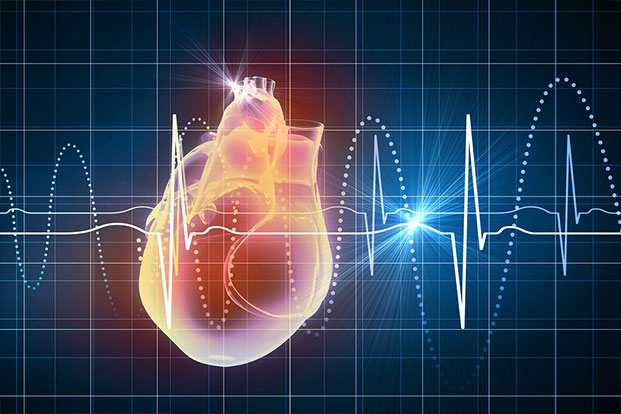Categories
- Bariatric Surgery (11)
- Black Fungus (5)
- Bone Marrow transplant (3)
- Brain Tumor Surgery Navigation Technology (20)
- Cardiac Surgery (66)
- Cardiology (97)
- Computer navigation technology for joint replacements (20)
- Covid Vaccination (17)
- Critical Care (2)
- Dental (19)
- Dermatology (31)
- Dialysis Support Group - “UTSAAH” (11)
- Dietitian (33)
- Emergency Medicine (4)
- Emotional Health (11)
- Endocrinology (33)
- ENT (20)
- Gastroenterology and GI Surgery (53)
- General and Laparoscopic Surgery (21)
- General Surgery (4)
- Gynecology & Obstetrics (183)
- Hematology (20)
- Internal Medicine (294)
- Kidney Transplant (50)
- Kidney Transplantation (20)
- Lung Cancer (8)
- Minimal Invasive Surgery (1)
- Mother & Child (20)
- mucormycosis (5)
- Nephrology (61)
- Neurology (147)
- Neurosurgery (68)
- Nutrition and Dietetics (107)
- Omicron Variant (1)
- Oncology (288)
- Ophthalmology (10)
- Orthopaedics & Joint Replacement (86)
- Paediatrics (59)
- Pediatric Nephrology (3)
- Physiotherapy (5)
- Plastic & Reconstructive Surgery (6)
- Psychiatry and Psychology (90)
- Psychologist (28)
- Pulmonology (72)
- Rheumatology (13)
- Spine Services (21)
- Transradial Angioplasty (16)
- Urology (84)
Query Form
Posted on Apr 19, 2022
Are Heart Attacks Hereditary?
Consequences of abnormal fat deposition in the arteries of the heart (Coronary Arteries) can be variable. As a result of gradual narrowing of arteries, some people may present symptoms of chest pain, fatigue, breathlessness or abnormal chest pulsations on exertion. The other subset of people may have more dramatic presentations-having similar symptoms either at rest or minimal exertion. These patients are said to be suffering from a Heart Attack which is usually due to abrupt closure or critical narrowing of arteries because of formation of blood clots at the sites of fat deposition. While Older age, High blood Cholesterol, Smoking, High Blood Pressure, Diabetes etc. are the traditional risk factors associated with Coronary artery disease (CAD), the sexual preference (disease being commoner in male), racial preference (Indians are more at risk) and familial preference (disease being more common in families with history of premature coronary artery disease) of it points towards genetic involvement in initiation and progression of disease.

Your genes may be responsible for your heart disease:
The scientific evidence available to us suggests that positive family history contributes to a considerable proportion of people with CAD, more so in people with premature presentation. While some of it may be explained by common dietary and living habits in the family, the Gene related studies in last 15 years have revealed a major role of Heredity (i.e. passing of traits from parents to their offspring via genes).These studies have shown different candidate genes associated with CAD. Some of those genes are associated with traditional risk factors like blood cholesterol. There are other associated genes as well, exact role of which are still not known in development of CAD.
Be prepared if you a family history of heart disease:
So what should be done when scientists are still trying to understand the genetic make-up of CAD? In an ideal world, we may think of individualised medicine where we would like to treat a patient according to their genes and try to influence and if possible, replace the responsible genes. But this is not an ideal world and we have to manage with whatever options are available with us. So, does all this make sense in clinical medicine? To an extent, yes. Till the time researchers come out with concrete treatment plans based on genetic studies, for clinicians and population equally, any sign or history that may point towards heredity should raise a red flag. Such a person may require more intensive behavioural modification and drugs (when appropriate) to prevent a cardiac event. If we want to compare it with real world scenario, we may safely say that hereditary markers provide the period of calm (and preparation) before the storm (of disease) hits. So, be prepared.



